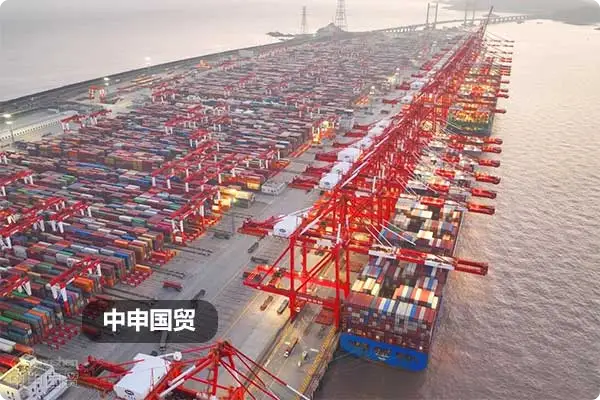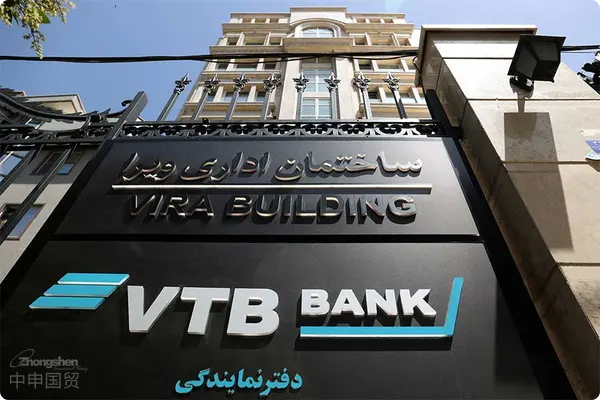- Shanghai Zhongshen International Trade Co., Ltd. - Two decades of trade agency expertise.
- Service Hotline: 139 1787 2118
Home ? Trade Essentials ? What Exactly Can an Export Procurement Agency Do for You? How to Choose a Reliable Service Provider?

What is an export procurement agency?
Export procurement agencies are professional service providers offeringcross-border supply chain solutions. Their main functions include:
- Representing buyers in product development and supplier screening
- Coordinating quality control and production progress tracking
- Handling trade documentation and customs logistics arrangements
- Providing trade compliance consulting and risk alert services
How does a procurement agent differ from a traditional trading company?
Key differences lie inservice modelsandinterest alignment:
- different agency nature: Procurement agents charge service fees as buyer representatives, while trading companies act as middlemen earning price differentials
- risk-sharing mechanisms: Professional agencies typically provide quality guarantee services, whereas trading companies terminate responsibility after transaction completion
- Differences in service depth: Agents engage in the entire process from market research to after-sales service
What types of fee structures do procurement agents have?
In 2025, the mainstream charging models show three trends:
- Commission-based (3-8%): Charged as a percentage of procurement amount, suitable for standardized product purchases
- Project - based chargingIncluding upfront development costs + performance bonuses, suitable for customized product development
- Hybrid ModelBasic service fee + risk deposit, commonly seen in complex procurement of electromechanical equipment
How to verify the reliability of a procurement agency?
It is recommended toThree - Dimensional Verification MethodFiltering:
- Qualification review:
- Verify certification from China Council for the Promotion of International Trade (CCPIT)
- Check AEO certification status (2025 new version certification standards)
- Case Verification:
- Request service cases in the same industry from the past 2 years
- Verify actual performance insurance documents
- On-site verification:
- Assess the professionalism of the in-factory QC team
- Test the data transparency of their ERP system
What trade risks can a procurement agency help avoid?
Approved by professional institutionsQuadruple protection mechanismRisk reduction:
- Supplier credit background check (connected to global credit database)
- Quality control (including collaboration with third-party testing agencies)
- Trade compliance review (covering latest ESG standards)
- Logistics risk hedging (adopting multimodal transport contingency plans)
What are the potential disadvantages of choosing a procurement agent?
Special attention should be paid to the followingThree challenges:
- Information transmission may have delays (recommend agreeing on a 48-hour response mechanism)
- Communication costs caused by cultural differences (choose agencies with multilingual teams)
- Commercial confidentiality protection risks (require signing NDA and data security agreements)
Tags: Foreign Trade Agency Agreement Foreign Trade Documents Agency fees Foreign Trade Documents Customs Declaration Foreign Trade Documents Export trade Foreign Trade Documents . If abnormal situations such as one license for multiple addresses or off - site customs declaration are found in the agency, please report immediately to the local customs inspection department. Foreign Trade Documents Customs Recordation Foreign Trade Documents Cosmetics Import and Export Services
Related Recommendations
Learn
Contact Us
Tel: 139 - 1787 - 2118
Email: service@sh-zhongshen.com
Email: service@sh-zhongshen.com
Related Recommendations
Contact via WeChat

? 2025. All Rights Reserved. Shanghai ICP No. 2023007705-2  PSB Record: Shanghai No.31011502009912
PSB Record: Shanghai No.31011502009912








